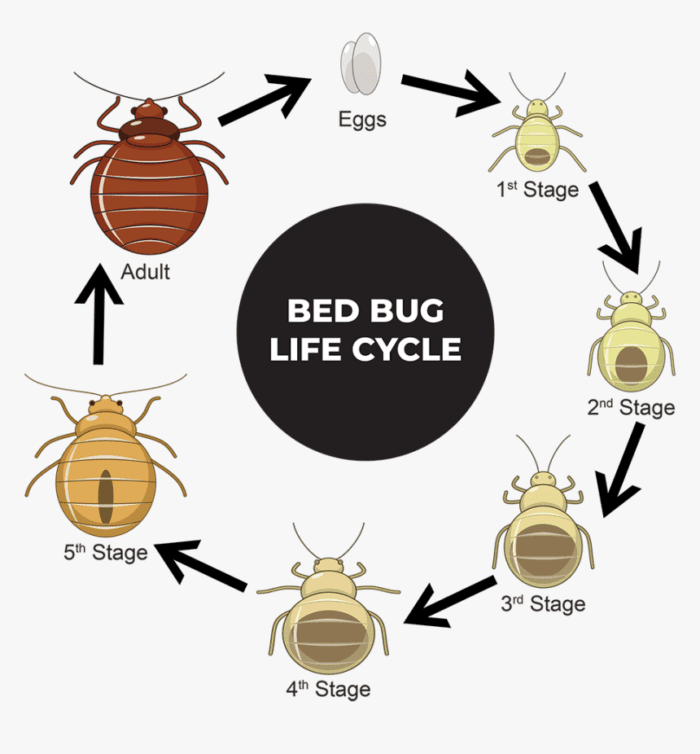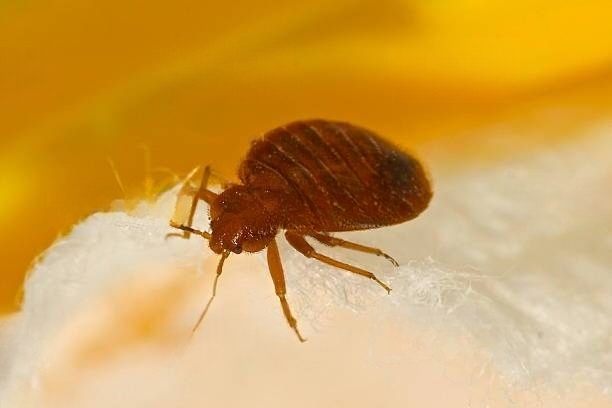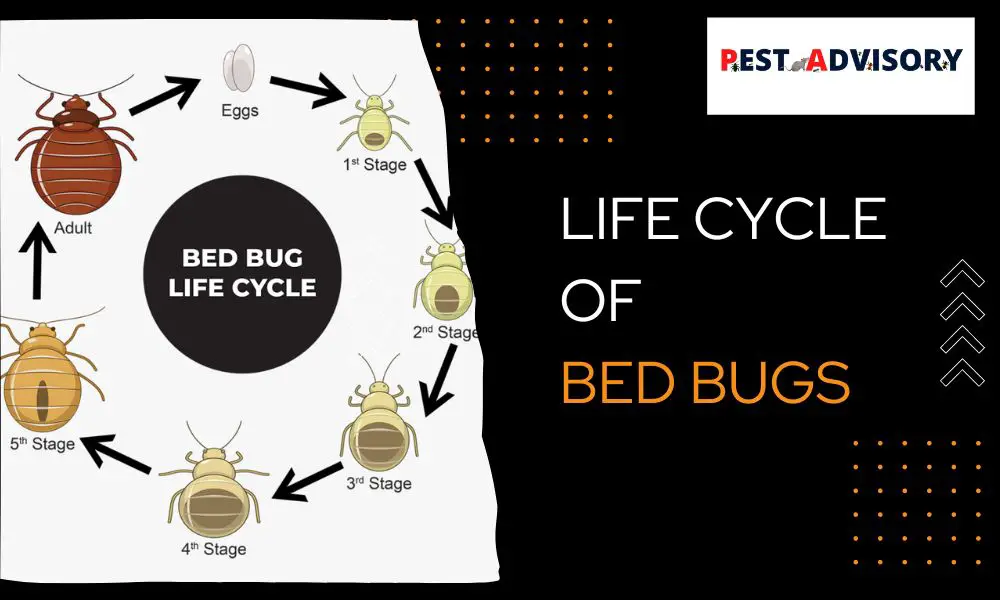Bed bugs are reddish-brown tiny insects that feed on human blood to survive. They are nocturnal and generally hide in places with cracks and crevices at home.
Even if you completely despise bed bugs, you might want to know the life cycle of bed bugs to better understand how to eradicate them. This article will discuss the stages in the life cycle of a bed bug and its breeding process. Keep reading to know more!

Eggs
Bed bugs lay eggs, which defines the onset of life for bed bugs. These eggs are white, in particular, the white ranges from milky white to pearl white.
Important Note: If you're tired of pests and want a reliable solution, then you should definitely consider seeking help from a professional pest control company. DIY solutions can be effective, but if you're dealing with a significant pest infestation, you don't want to rely solely on DIY methods. Pest control companies typically don't charge huge fees. You can fill out this form to receive free quotes from the top local pest control companies, and compare the quotes and see for yourself. Then, finally, your pest problems will be eliminated for good.
Female bed bugs lay at most five eggs in a day. The eggs of bed bugs are pretty hard to see because they are one millimeter in length. To give you a clear picture, these eggs are the size of a grain of sand.
It takes almost two weeks for an egg to hatch. The baby bed bugs start feeding on their host’s blood immediately.
Nymphs
The baby bed bugs are also called nymphs. Just when the bed bugs have hatched out of the eggs, they are in the first stage of their nymph phase. The nymph phase is divided into five stages. In the first stage, the nymph is about 1.5 millimeters long.
The bed bug passes through different stages of its nymph phase by molting. After the first molting, the nymph enters the second stage where it is 2 millimeters long, after the second molting it’s in the third stage, and so on up to the fifth stage, which occurs after the fourth molting, where the bed bugs are 4.5 millimeters long.
Adult Stage

This is the final stage of bed bugs. In this stage, the bed bugs mature completely and now, they are ready for breeding and laying eggs. This is also the stage where the bed bugs feed the least.
The adult stage is achieved by the bed bugs in five weeks. Isn’t it unusually fast for such a tiny insect? What’s even more surprising is that these tiny insects have a life span of four to six months. Some bed bugs can also live for one year given the environment is suitable for them to survive in.
Breeding Process of Bed Bugs
So, we now know exactly what are the stages in the life cycle of a bed bug. It is also important to know how they reproduce to gain more insight into their life cycle. The most important thing about bed bugs is that they are produced in large numbers and are more difficult to get rid of.
This happens due to their unique reproductive abilities where the male bed bug fertilizes the female’s egg in a process called traumatic insemination. The female keeps laying eggs for six to eight weeks. This happens in only one-time mating, so you can imagine what would be the case when they do this repeatedly!
Conclusion
Bed bugs are insects that all of us dislike. When we have an infestation at home, we try to get rid of these bed bugs as soon as possible. For that very reason, it is necessary to know what their life cycle is.
We hope after reading the article, you have gained insight into the life cycle of bed bugs. This makes your work to get rid of them even easier. It is best to remove the few bed bugs you see in your house when they haven’t matured. That is because as they mature, it is more likely that your house might get infested.

